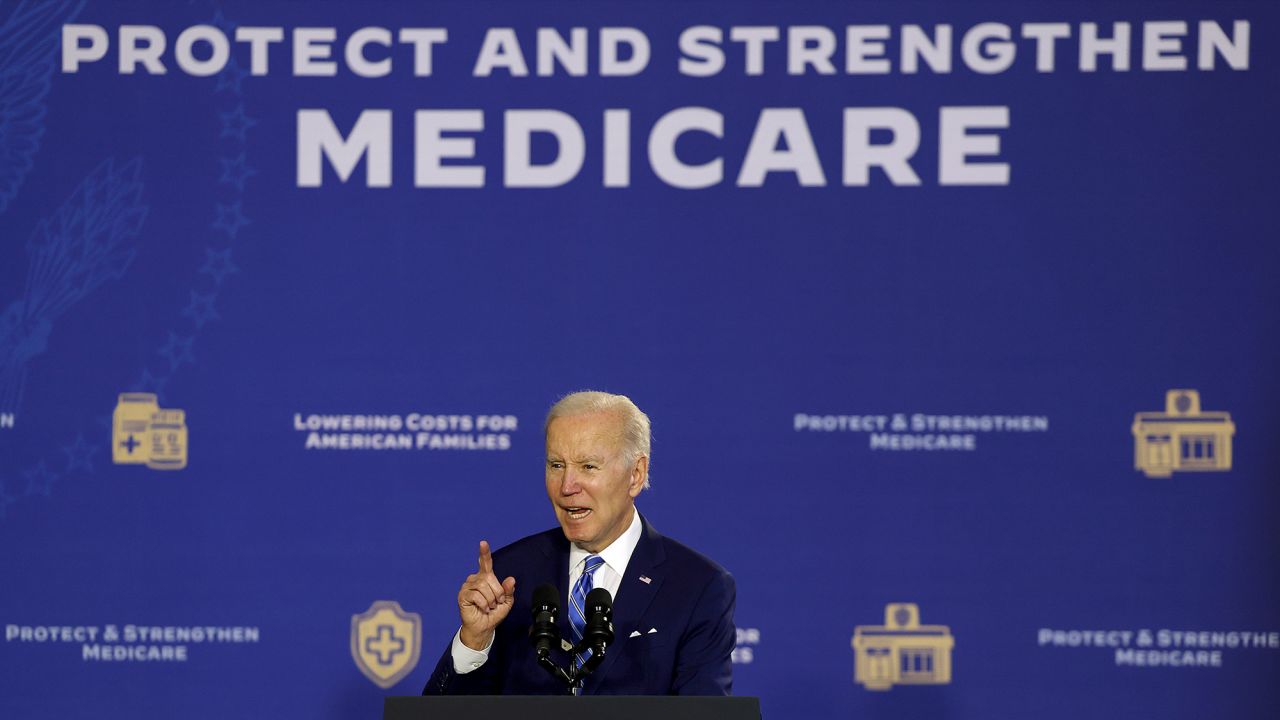Medicare is a critical federal health insurance program in the United States, providing essential healthcare coverage for older adults aged 65 and older, as well as certain individuals with disabilities. Administered by the Centers for Medicare & Medicaid Services (CMS), Medicare plays a pivotal role in ensuring that eligible individuals have access to necessary medical services and treatments. In this guide, we’ll explore the key features of Medicare and its significance in supporting the health and well-being of older Americans.
Understanding Medicare
Medicare is divided into different parts, each covering specific aspects of healthcare services:
- Medicare Part A: Also known as Hospital Insurance, Part A covers inpatient hospital stays, skilled nursing facility care, hospice care, and some home health services.
- Medicare Part B: Referred to as Medical Insurance, Part B covers doctor visits, outpatient care, preventive services, and medical supplies deemed medically necessary.
- Medicare Part C: Known as Medicare Advantage, Part C offers an alternative to Original Medicare by providing coverage through private insurance companies, often with additional benefits.
- Medicare Part D: Part D is the prescription drug coverage portion, helping beneficiaries manage the costs of prescription medications.
Recommended:
- Renters Insurance
- Globe Life Insurance
- Cigna Dental
- GEICO Quote
- The Hartford Insurance
- USAA Insurance
- Best Life Insurance Companies in Europe
- MetLife Dental Insurance
- Life Insurance
Key Features of Medicare
- Age and Disability Eligibility: Medicare is primarily available to individuals aged 65 and older, as well as certain younger individuals with qualifying disabilities.
- Healthcare Access: Medicare provides access to a wide range of medical services, ensuring that beneficiaries can receive essential healthcare treatments and preventive care.
- Enrollment Periods: Beneficiaries typically have specific enrollment periods to sign up for Medicare, including Initial Enrollment, General Enrollment, and Special Enrollment Periods.
- Medicare Supplement Insurance: Also known as Medigap, Medicare supplement insurance can be purchased to help cover certain out-of-pocket costs not covered by Original Medicare.
Benefits of Medicare
- Healthcare Security: Medicare provides older Americans with the security of having access to healthcare services and resources as they age.
- Prescription Drug Coverage: Medicare Part D offers vital prescription drug coverage, ensuring that beneficiaries can afford necessary medications.
- Options for Additional Coverage: Medicare Advantage plans (Part C) offer additional benefits beyond Original Medicare, such as dental, vision, and wellness programs.
- Cost-Effective Care: Medicare helps mitigate the financial burden of medical expenses for eligible individuals, making healthcare more affordable.
Conclusion
Medicare stands as a crucial healthcare program in the United States, offering essential coverage and support to older Americans and certain individuals with disabilities. With its comprehensive coverage options and commitment to healthcare accessibility, Medicare plays an indispensable role in promoting the health and well-being of older adults and those in need of essential medical services.

